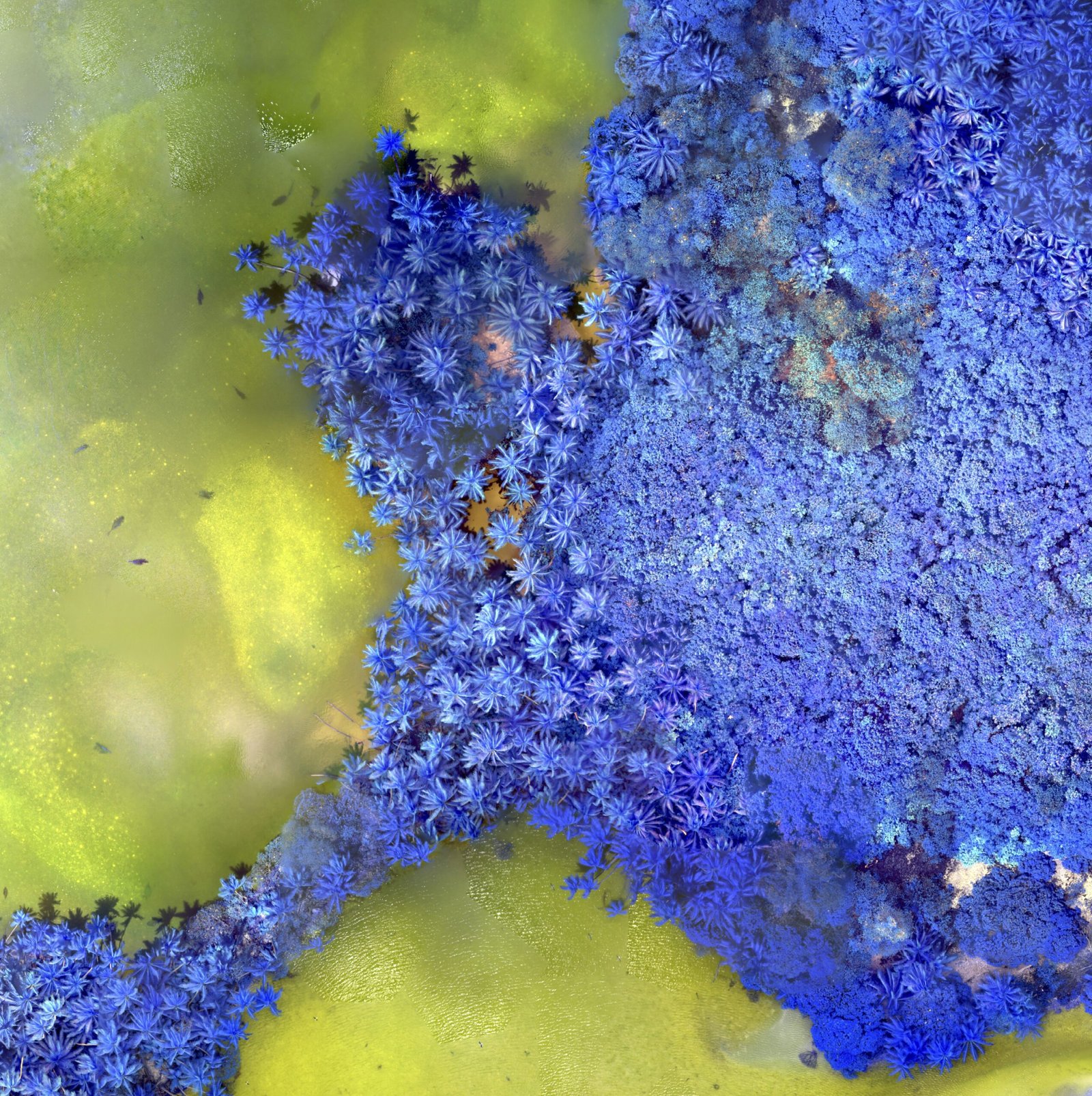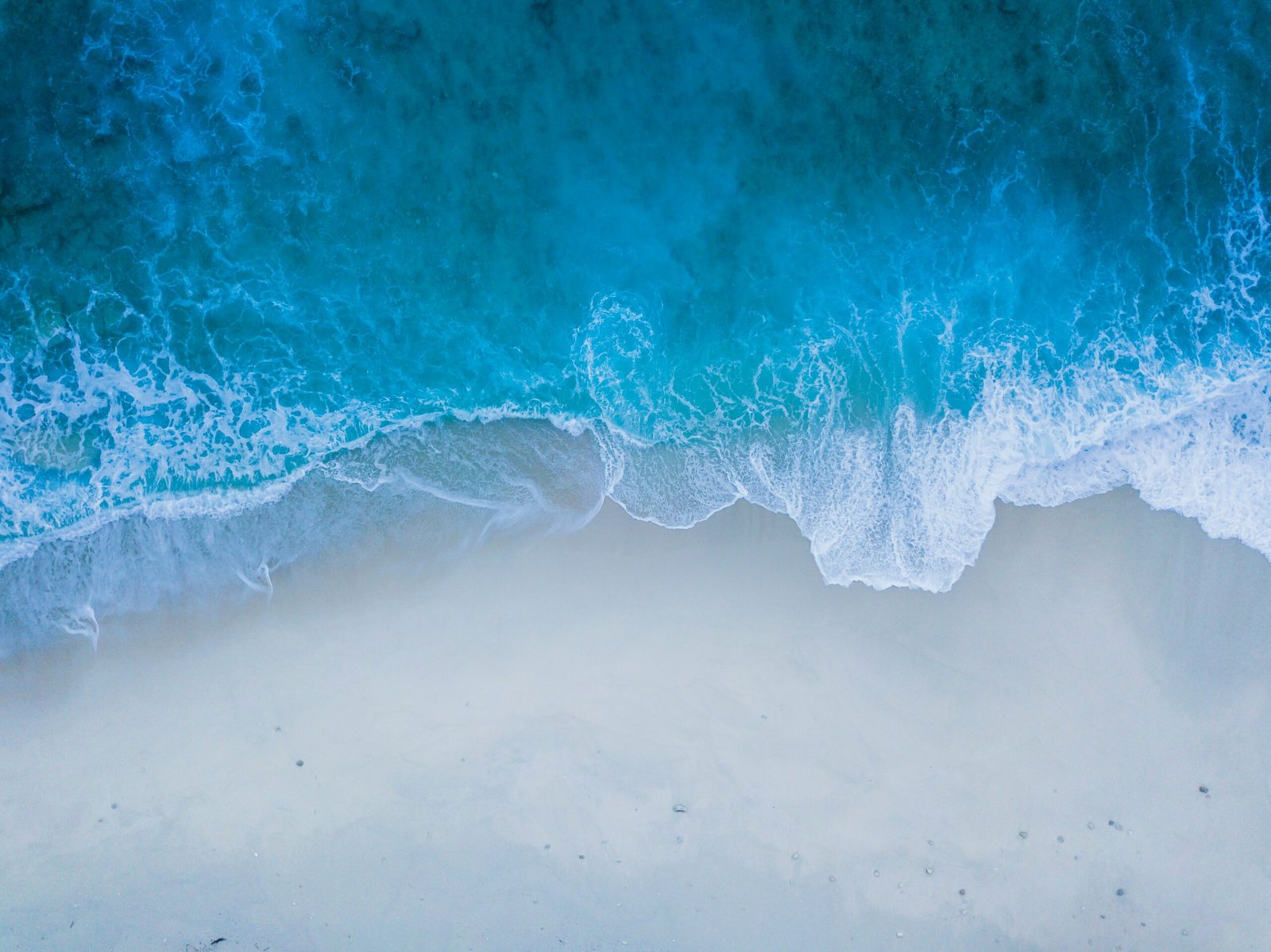Exploring the Breathtaking Coral Reefs of the Maldives
Introduction to the Maldives and Its Coral Reefs
The Maldives is not only a significant tourist destination but also a vital ecosystem that supports a diverse range of marine species, thanks to its extensive coral reefs.
Coral reefs in the Maldives are among the most remarkable and biodiverse ecosystems on the planet. These reefs provide essential habitats for a myriad of marine organisms such as fish, mollusks, and crustaceans, contributing to overall marine biodiversity. The unique structure of coral reefs serves as a sanctuary, breeding ground, and food source for countless marine species. Furthermore, they have significant value in supporting local economies through tourism and fishing, which are key components of the Maldivian livelihood.
Diving and Snorkeling Experiences in the Maldives
The Maldives is renowned for its stunning coral reefs, making it a premier destination for both diving and snorkeling enthusiasts. With over 1,000 coral islands, the archipelago offers a plethora of dive sites, each presenting unique underwater experiences. Novice divers can start at sites like Banana Reef or Maaya Thila, where the gentle currents and abundant marine life make for an ideal learning environment. For more experienced divers, locations such as the famous Fish Head or the depths of the Dhangethi Kandu provide challenging dives filled with vibrant biodiversity.
Underwater, divers and snorkelers are greeted with a kaleidoscope of colors. The coral reefs teem with life, offering sightings of tropical fish, such as clownfish and parrotfish, alongside majestic sea turtles gliding gracefully and the occasional manta ray swooping by. The rich marine ecosystem invites exploration, and divers often encounter schools of fish, intricate coral formations, and even the elusive reef sharks, all of which contribute to the thrill of each dive.
For those looking to embark on a diving adventure, numerous dive schools and tour operators are available across the islands, catering to various experience levels. Renowned dive centers like Euro-Divers and Dive Butler offer comprehensive courses for beginners and guided dives for advanced divers. These centers prioritize safety and provide equipment suited for the diverse diving conditions found throughout the Maldives.
While enjoying the breathtaking underwater scenery, it is essential to follow established safety guidelines and etiquette. Divers should respect marine life by maintaining a safe distance and avoiding physical contact with coral to protect these fragile ecosystems. In conclusion, diving and snorkeling in the Maldives present unforgettable opportunities to explore one of nature’s most vibrant underwater environments, appealing to adventurers of all skill levels.
Conservation Efforts for Coral Reefs in the Maldives
The coral reefs of the Maldives are not only a crucial part of the ecosystem but also a significant contributor to the nation’s economy through tourism and fishing. Consequently, various conservation programs and initiatives have been established to protect these vibrant underwater habitats. Local organizations, in collaboration with international partners, are actively engaged in efforts to mitigate the threats posed by coral bleaching, overfishing, and pollution, thus ensuring the sustainability of these marine environments.
One of the prominent local organizations dedicated to coral conservation is the Maldives Marine Conservation Society, which implements programs focusing on coral reef restoration and the promotion of sustainable fishing practices. Through community-driven initiatives, this organization raises awareness of the ecological importance of coral reefs and encourages local fishermen to adopt practices that do not adversely affect marine biodiversity. The combination of education and practical solutions is vital for maintaining the ecological balance of these reefs.
International partnerships also play a critical role in conservation efforts. Collaborations with organizations such as the Coral Triangle Initiative have led to innovative approaches to managing and protecting coral reef systems across the region. These partnerships often include research initiatives that monitor the health of coral reefs, providing insights needed to inform policy decisions that align with sustainable development goals.
Moreover, governmental policies are instrumental in safeguarding these ecosystems. The Maldivian government has established marine protected areas and laws regulating fishing practices to combat overfishing and habitat degradation. Restoration projects, such as coral gardening, involve planting coral fragments to aid recovery in damaged areas, thus enhancing biodiversity.
Visitors to the Maldives can also play a role in conservation. Engaging in eco-friendly tourism practices, participating in local awareness campaigns, and supporting marine conservation projects can significantly contribute to the wellbeing of the coral reefs. By making responsible choices, every traveler can help ensure that the Maldives’ stunning coral reefs continue to flourish for generations to come.
Planning Your Visit to the Maldives for Coral Reef Exploration
When considering a trip to the Maldives for the purpose of exploring its stunning coral reefs, timing is essential. The best months for visiting are typically from November to April, during the dry season. These months offer calm winds and clear waters, which create optimal conditions for snorkeling and diving. Early booking is advisable during this peak season, as accommodations can fill up quickly due to the influx of tourists.
Choosing the right resort or liveaboard is crucial for maximizing your coral reef experiences. Resorts that are designated as eco-friendly often prioritize environmental preservation and provide access to the most pristine coral gardens. Moreover, many resorts offer guided snorkeling tours and diving excursions, allowing travelers to immerse themselves in the underwater ecosystem while learning about reef conservation. Alternatively, liveaboards provide the freedom to explore multiple dive sites over several days, making them an excellent choice for avid divers.
In addition to underwater explorations, consider participating in eco-tours that educate visitors about the fragile marine ecology of the region. Cultural interactions, such as visiting local islands, can also enhance your trip, offering insights into the Maldivian way of life and traditional customs. It’s beneficial to be mindful of local customs, such as dressing modestly when visiting inhabited islands to respect cultural norms.
Packing for your Maldives adventure should include essentials like reef-safe sunscreen, lightweight swimwear, and comfortable sandals for walking. A reusable water bottle is also recommended to minimize plastic waste in this pristine environment. Arranging travel to the Maldives generally involves flying into Malé International Airport, followed by a speedboat or seaplane transfer to your chosen accommodation. By considering these factors and embracing responsible travel methods, your journey to the Maldives can be both enriching and environmentally conscious, allowing you to savor the breathtaking beauty of its coral reefs.


